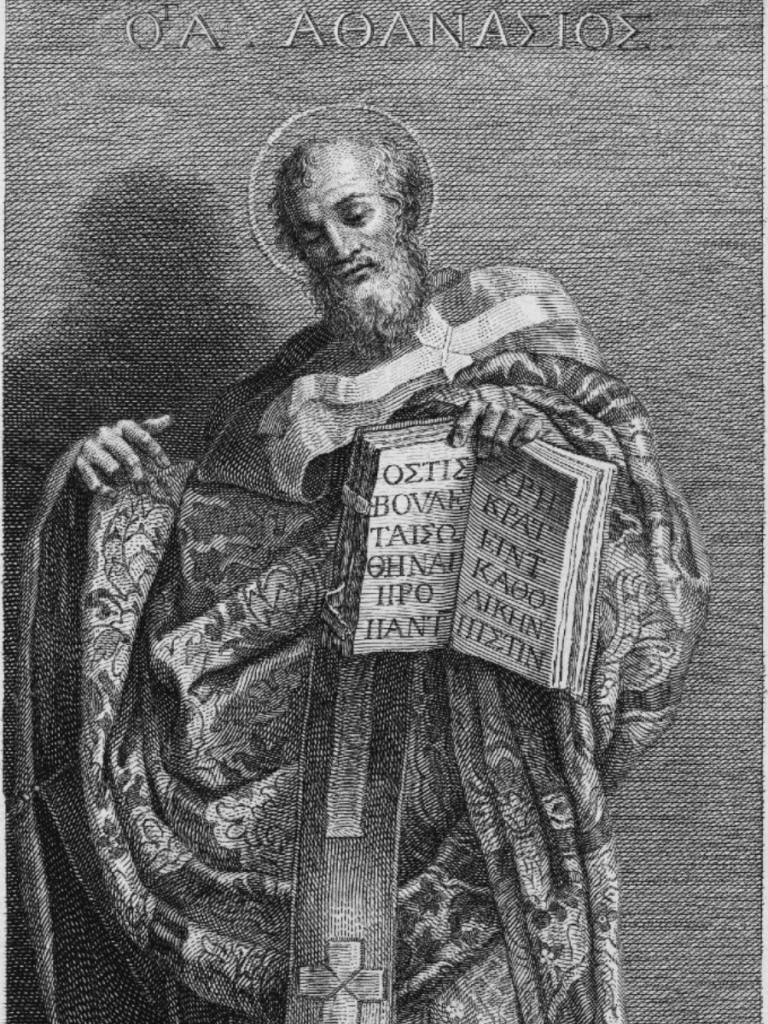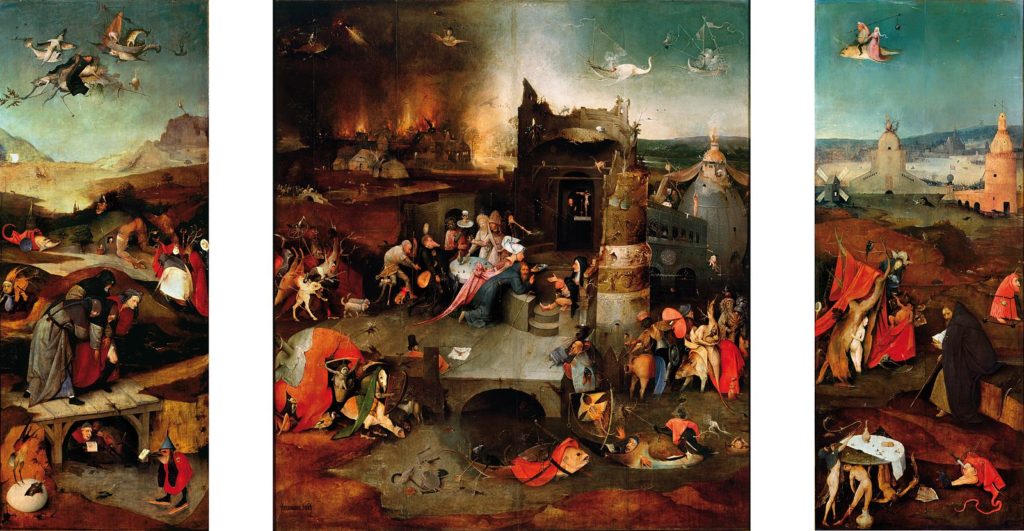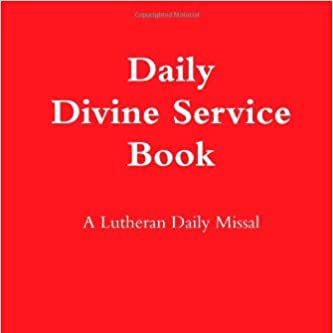“Begotten, Not Made”

May 2nd is the day when the Church commemorates the early Church father, St. Athanasius. As a bishop of Alexandria, writer, and steadfast confessor of the orthodox Christian faith, this saint has remained prominent in the Church’s memory even after over a millennium and a half, truly deserving the title of “Church father” for the longstanding mark he made on the expression of our Christian faith.
St. Athanasius lived from approximately AD 276 to 373. His life was thoroughly shaped by the raging theological controversy of this period: the teaching of a priest named Arius that the Son is not God in the same sense as the Father but was made by the Father as the first and highest of his works of creation. Athanasius, however, recognized that the Scriptures proclaim Christ as the eternal Son of God and as himself Creator and Redeemer. Unwavering in his confession that Christ is consubstantial (homoousios) with the Father, he was repeatedly exiled and reinstated as bishop depending on the allegiance of the ruling emperor.
The Council of Nicaea (325 A.D.) was a landmark event for the Church’s expression of this point of Christological doctrine. Alexander was the bishop of Alexandria at this time. Athanasius, who attended the council as his assistant, later became the chief defender of the Nicene Creed and its theology. Against Arius, the creed asserted that the one Lord Jesus Christ is “of one substance with the Father” and “begotten, not made”—phrases still familiar to many Christians who confess the Nicene Creed every Sunday (although its present form is slightly modified from the version promulgated in 325).
Although he was the subject of much controversy in his own day, Athanasius’s writings are still popular today and have been received as foundational for the entire Christian theological tradition. Some of his more well-known works include On the Incarnation, Against the Arians, and the Life of Antony.

Brief History
Athanasius is one of a handful of early Church fathers whom the Lutheran Church—Missouri Synod remembers on her sanctoral calendar.
As mentioned above, St. Athanasius is revered by both the Eastern and Western churches. His commemoration in the West is May 2nd, which is an estimated day of his death. In the Eastern Church, however, his commemoration falls in the middle of winter on January 18th. From this placement within the temporal seasons cropped up legends regarding winter sickness and plagues that gave him the nickname “Father of the Plague.” Women in the Eastern churches would make a cake traditional to St. Athanasius’s Day that was believed to ward off disease according to folklore.
Another dish appropriate for St. Athanasius’s Day is one derived from his cultural heritage: Egyptian bread pudding called “Om Ali.” While we can’t confirm that this treat existed in its current form during Athanasius’s time, it has been enjoyed since the thirteenth century and is a sugary spin-off of the traditional Egyptian flatbread.
Collect
O God, Who didst give Blessed Athanasius to Thy people as a minister of eternal salvation: grant, we beseech Thee, that we, who have had him for our teacher on earth, may with him enjoy Thine eternal glories; through Jesus Christ our Lord, who liveth and reigneth with Thee and the Holy Ghost: ever one God, world without end. Amen.
Lessons
Epistle
Gospel
Resources
Issues, Etc. interview with the Rev. Dr. William Weinrich on St. Athanasius
Propers found in Daily Divine Service Book: A Lutheran Daily Missal, edited by the Rev. Heath Curtis
References:
1. Weedon, William. Celebrating the Saints. Concordia Publishing House. 2016.
Images:
1. Saint Athanasius, Francesco Bartolozzi, Italy, ca. 1800.
2. The Temptation of Saint Anthony, Hieronymus Bosch, Netherlands, 1459-1516.
Some links might be affiliate links which means we may receive a small commission at no extra cost to you. As an Amazon Associate we earn from qualifying purchases.




[…] today we’re sharing a recipe that is inspired by the geographical heritage of a great saint, St. Athanasius, who was born in and later served as bishop of Alexandria, […]